There are lots of reasons people get interested in politics.
As the existence of televised professional cornhole suggests, people will watch almost anything that is competitive. People also crave acceptance and belongingness, and seek ways to indicate our loyalty to our families and friends. And, people are drawn to things that feel important or powerful.
Even limited engagement in politics offers all of those enticements. But those aren’t the reasons that the politically engaged—including those sorry souls who are truly obsessed—would mostly offer as their reason for being here. They would more likely say it was their desire to help the country by implementing, or preventing the implementation of, certain policies.
Some people do come to politics in the first place for ideological or issue-specific reasons, but however one arrives, what tends to keep them glued are their beliefs. If you asked an obsessive why she or he is always staring at political news and commentary like stoners at a laser show, they wouldn’t tell you it’s so they have an excuse to shout at the television in righteous-seeming anger, or that it helps them get along with their families, or that they get off on the drama.
They would tell you that they know the reasons for the human misery in our midst, and that their preferred party or candidates are who can end the suffering caused by the other side’s policies. And they mean it. But while these sincere convictions help keep partisans attached to their parties, they very often prevent the people in politics—from rank-and-file voters and content consumers to the professionals and candidates—from understanding what really shapes elections.
If Republican Herschel Walker had gotten the same number of votes in his Georgia Senate bid that fellow GOPer Gov. Brian Kemp received for his successful re-election campaign, Walker would have defeated Democratic Sen. Raphael Warnock outright, with no need for the runoff election on December 6. But, out of the more than 4 million Georgians who voted this year, 202,861 fewer picked Walker for Senate than Kemp for governor. As a result, the former football star finished behind Warnock and will now subject long-suffering Peach State residents to another round of political ad saturation bombing.
So who were those 202,861 voters?
There were 81,176 votes for the Libertarian Senate candidate, and 17,835 Georgians who voted in the gubernatorial contest but skipped the Senate race. We know that not all of those combined 99,551 voters picked Kemp for governor, but given his more than 7-point trouncing of Democratic challenger and money pit Stacey Abrams, it is safe to assume that Kemp was the choice of the overwhelming majority of those who picked neither major party Senate candidate.
Even without the Senate skippers and the Libertaian voters, Walker still could have won outright if the remaining Kemp voters had stayed with the red team. But they split their tickets. So what made 100,000 or so Georgians who were content to support a conservative who is enthusiastically pro-life, supports small government, the Second Amendment, and a hardine immigration policy who once ran this ad for governor also cast a Senate vote for a staunch progressive who is a pro-choice absolutist, a champion of expanding welfare programs, supports gun control, and who opposes a crackdown on illegal immigration?
We could ask the same kinds of questions in Pennsylvania where nearly 250,000 votes separated the Republican Senate nominee from the party’s wild-eyed nationalist gubernatorial candidate. In Ohio, the incumbent Republican governor did 20 percent better than the party’s angry populist Senate nominee. Or check out Kansas where the conservative Republican incumbent senator got 60 percent of the vote while the GOP gubernatorial nominee got 47 percent.
So what’s with all these hundreds of thousands of Kemp-Warnock/Oz-Shapiro/DeWine-Ryan/Moran-Kelly voters?
It’s simple: They don’t care as much about policies as partisans do.
We’ve talked many times about how *ahem* adaptable partisan ideologies are. The flips and flops that the two parties have taken on issues in the past two decades are enough to make somebody seasick. But don’t confuse variability with casualness. Partisans change their positions in the context of defeating their hated enemies and often can’t even recall that they ever felt differently at all. Indeed, the newness of a position may make its owner even more ferociously attached to it.
American politics has been so focused on base-motivation electoral strategy that its practitioners have apparently forgotten that by definition, persuadable voters are not primarily driven by ideological considerations. If they were, then they wouldn’t be persuadable.
With few exceptions, ideologues either are formed in or migrate to the party of their brethren. Voters who are up for grabs may have views on issues, but not so strongly that they can’t do what most voters are unable to do: split their tickets and shift their support from cycle to cycle.
I have read or heard many stupid, implausible, and self-serving explanations for this year’s very unusual waveless midterm result—what Democratic strategy guru Michael Meehan is calling the “slack tide election.” But the worst explanations of all are the ones that suggest that the election was some kind of policy referendum or that candidates of one ideological bent or another did better or worse.
Nope. Nope. Nope.
The national consensus came down clearly, but it wasn’t on policy. It was against weirdness. Being conservative didn’t hurt; ask Kemp or his southerly neighbor, Florida Gov. Ron DeSantis. Being a weirdo, on the other hand, did. Think of the money Republicans wasted from coast to coast to propping up weird candidates in what should have been straightforward red state Senate wins, like Walker in Georgia, J.D. Vance in Ohio, and Blake Masters in Arizona, and the wasted opportunities in blue states like New Hampshire and Pennsylvania, all because the GOP primary electorate wouldn’t choose normal candidates to take advantage of a favorable political climate.
This is the biggest missed political opportunity I have ever seen, and the most pitiful part is that it’s not for anything. It’s not like Mehmet Oz and Don Bolduc were suffering because they were standing on principle. They just couldn’t find a way to seem normal to voters even when they were openly pandering.
The lesson here is for both parties, though. The millions of Americans who voted for both Barack Obama and Donald Trump or both Trump and Joe Biden did not do so because the voters changed their ideologies. They were able to do so because ideology mattered less to them than their estimations of the individuals seeking office.
Ideology is grand, but in politics, it’s a good idea to not start believing too much of your own horse pucky.
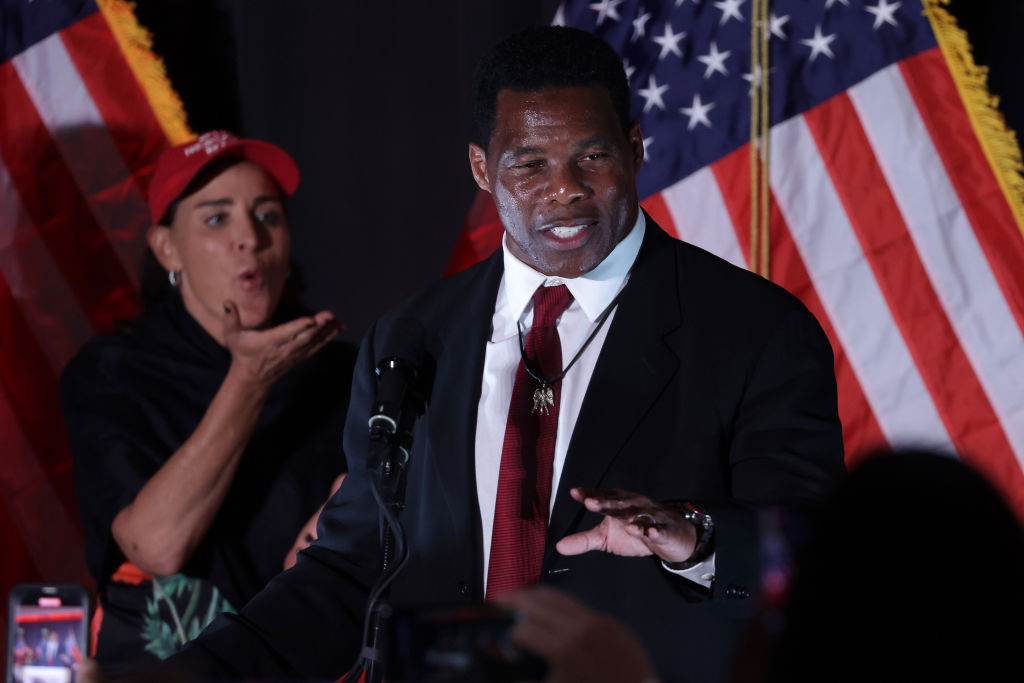

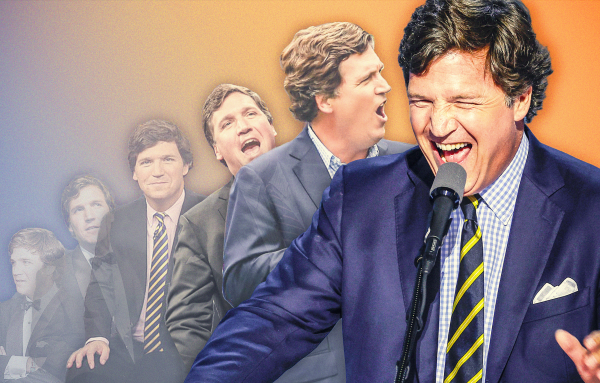
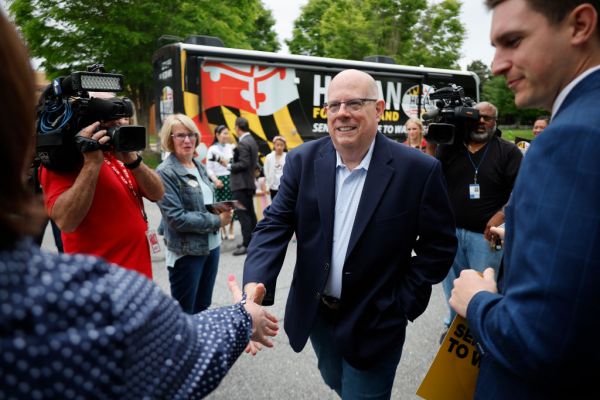
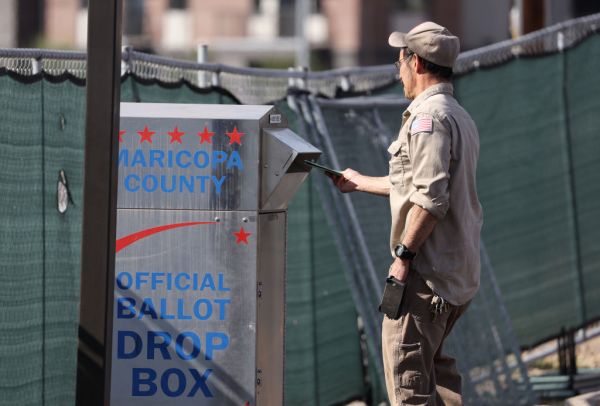
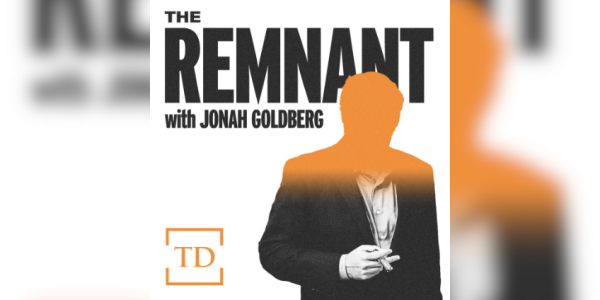
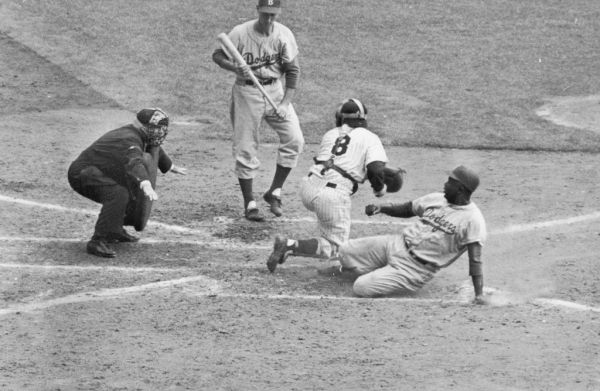

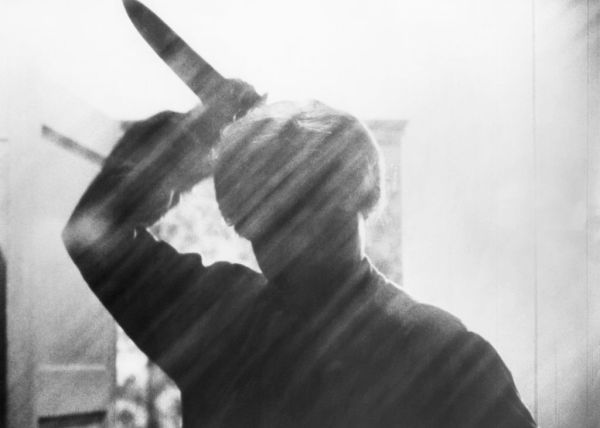
Please note that we at The Dispatch hold ourselves, our work, and our commenters to a higher standard than other places on the internet. We welcome comments that foster genuine debate or discussion—including comments critical of us or our work—but responses that include ad hominem attacks on fellow Dispatch members or are intended to stoke fear and anger may be moderated.
You are currently using a limited time guest pass and do not have access to commenting. Consider subscribing to join the conversation.
With your membership, you only have the ability to comment on The Morning Dispatch articles. Consider upgrading to join the conversation everywhere.